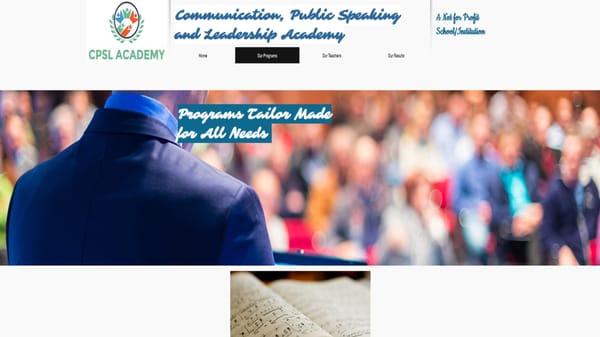Temple Beth El of Somerset
Closed
1489 Hamilton St
Somerset, NJ 08873
Temple Beth El of Somerset is a welcoming community center that provides spiritual guidance and support to individuals seeking connection and belonging.
Offering a range of religious services, educational programs, and community events, Temple Beth El of Somerset fosters a sense of unity and tradition among its members.
Generated from their business information
Also at this address
See a problem?











